How Do You Get The Right Fire Safety Equipment For Your Workplace?
Outfitting a workplace with the correct fire safety equipment is vital to making sure your business or site is not only compliant, but safe for staff and visitors. Judging what you’ll need for your business will depend on a number of variables, for example; Look at the types of flammable materials you stock onsite Gauge […]
What Are The Most Common Causes of Workplace Fires?

Being aware of the potential causes of fire and ways in which to minimise them is imperative to lowering fire risk and avoiding potential losses to your business. In addition, greater awareness of fire causes will also help you reduce or remove any potential harm to your employees or visitors to your work site. To […]
Class F Fire: Cooking Fats & Oil
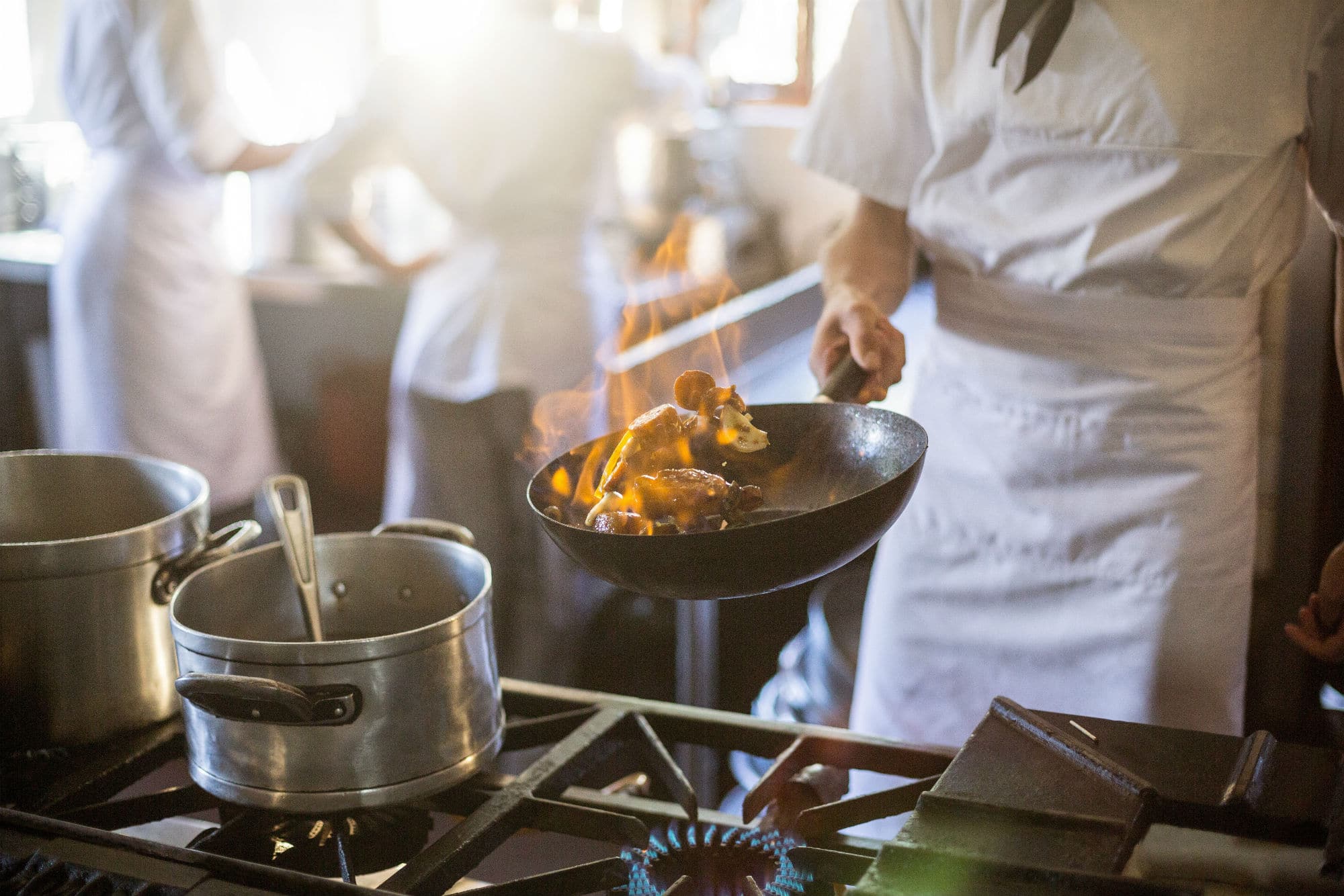
Class F fires are one of the most common fires to ignite in a commercial kitchen; and, with areas that see such constant daily use and also involve open flames, you can probably see why! When we talk about common fuels that can cause a Class F fire, we’re talking about frequently used kitchen items […]
Class E Fire: Electrical Devices & Appliances
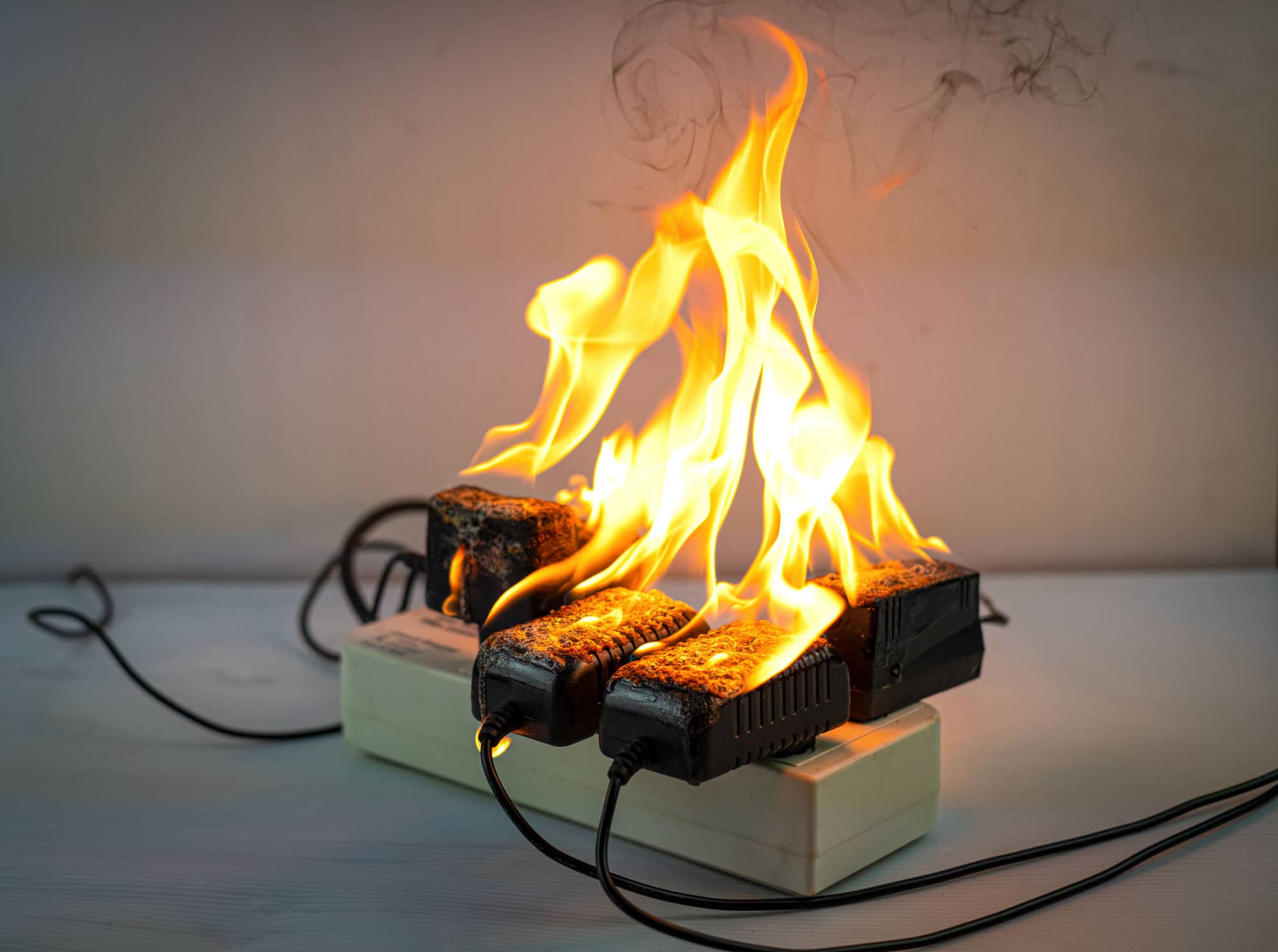
Class E fires are one of the more common fires to ignite in a home or office, with a high number of electronic devices populating most homes in the modern age it is wise to know what kinds of fire extinguishers are safe to use if they occur. When we talk about items that can […]
Class D Fire: Combustible Metals
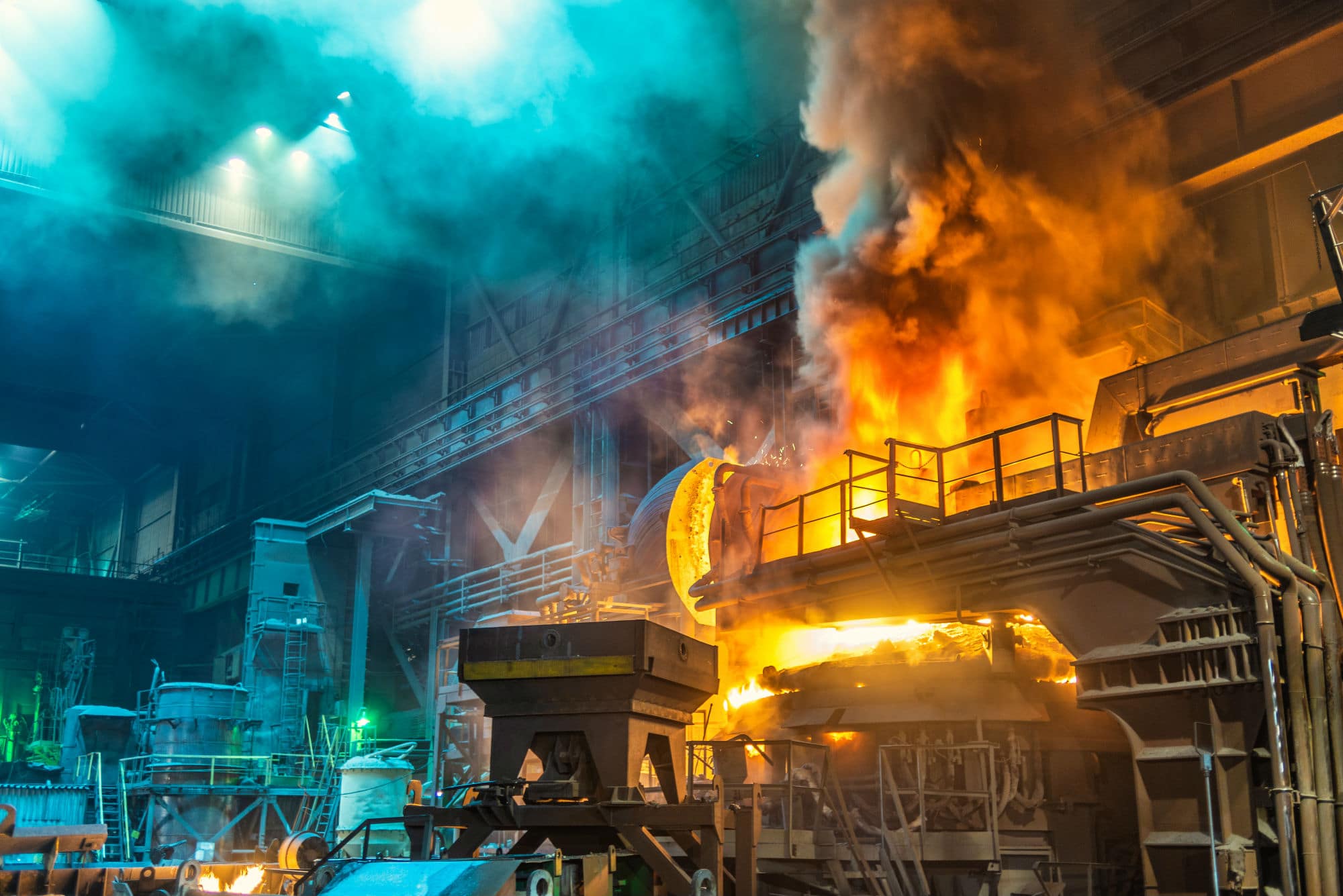
Class D fires are much less common than other types of fire, though no less hazardous, and pose their own set of risks. The combustibles in a Class D fire are highly unlikely to be found around your house; however, they are often found in manufacturing plants, or on industrial sites where metals are processed, […]
Class C Fire: Flammable Gasses
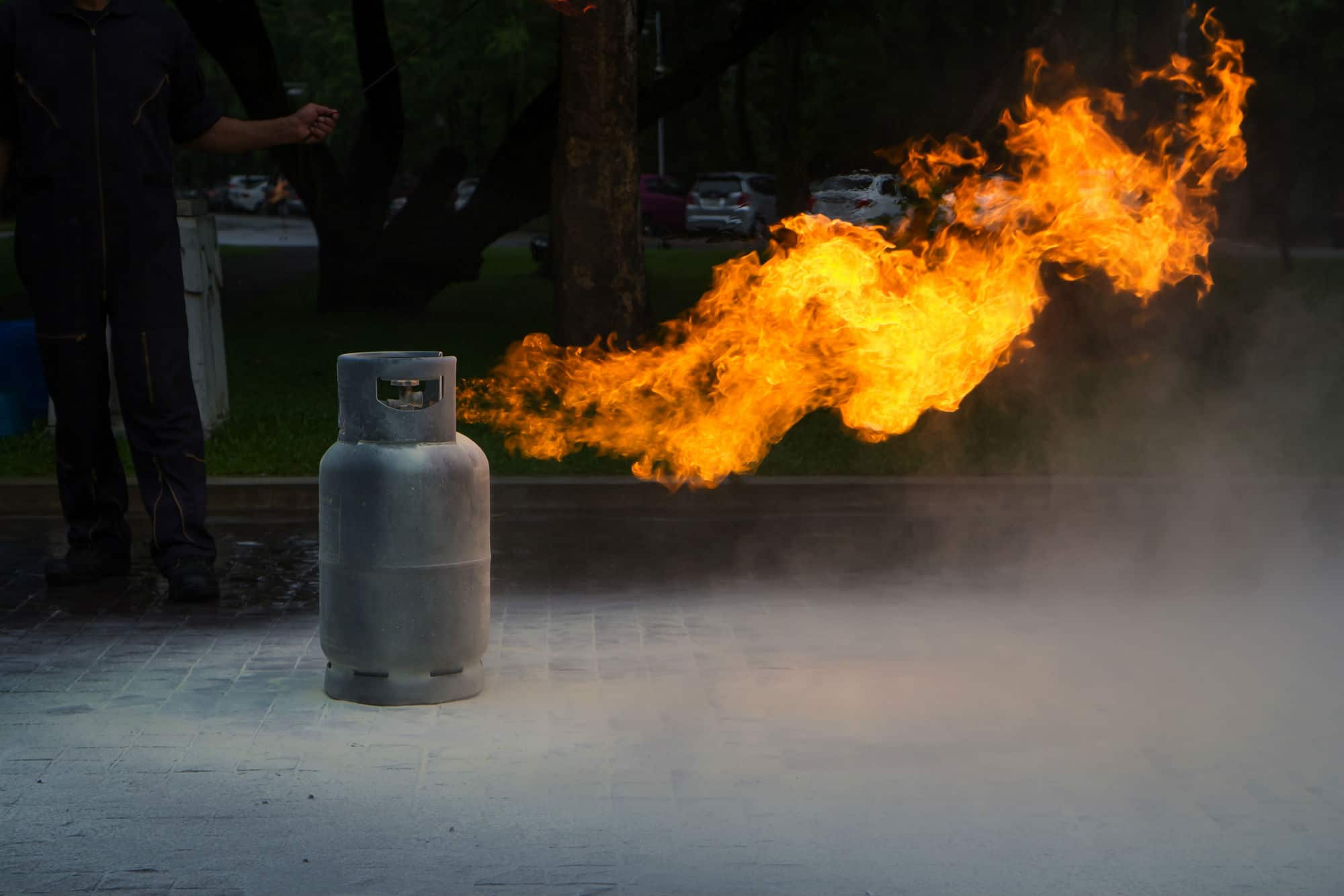
Because they’re most commonly used to extinguish flammable gas fires, Class C fire equipment can be found in commercial kitchens, workshops, and garages. In addition, your Class C fire extinguisher can also be used on any Class A through to class E fires, so they are one of the most useful as a line of […]
Class B Fire: Combustible & Flammable Liquids
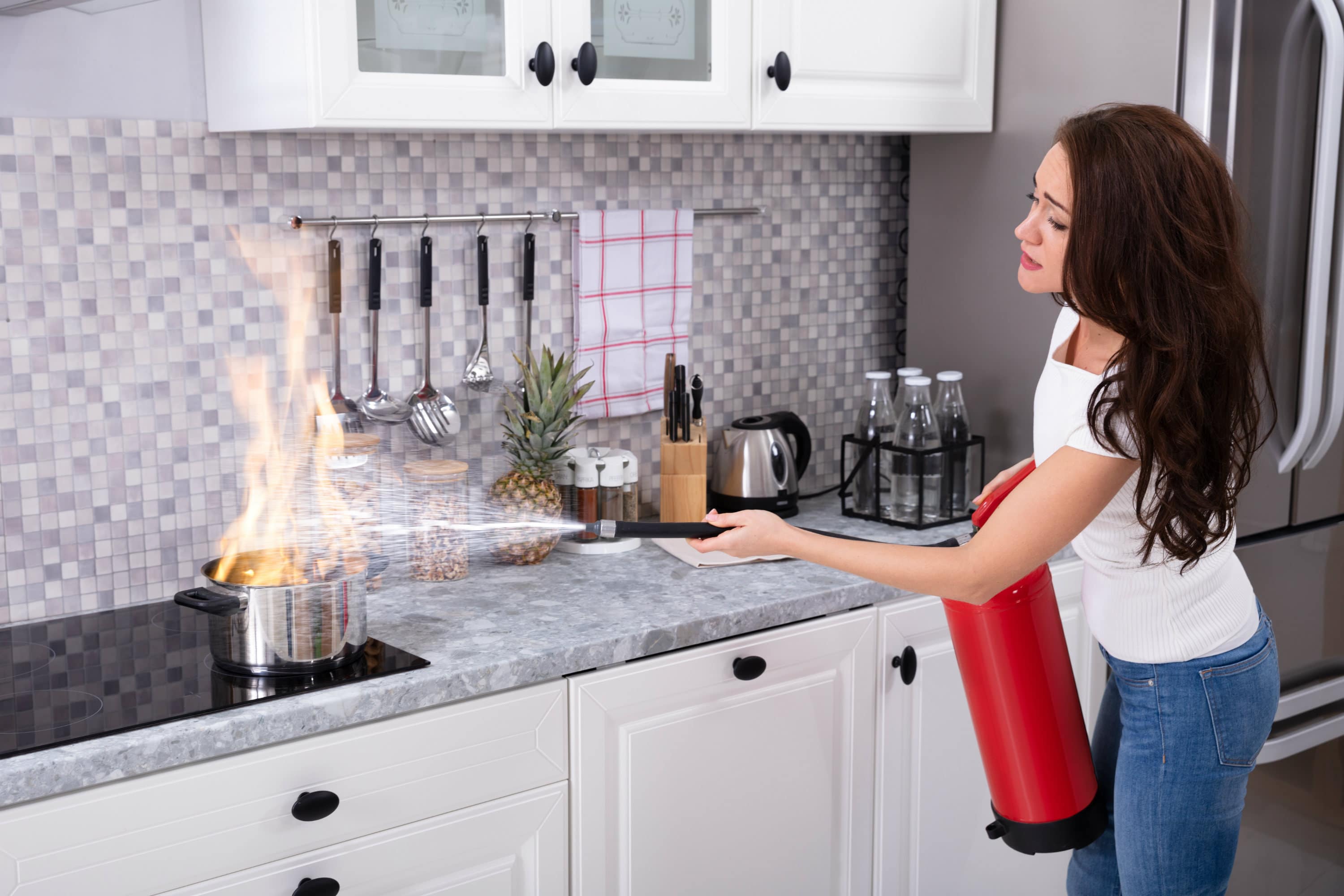
Fire extinguishers to fight Class B fires are one of the more common type of fire extinguisher used as front line containment that you’ll see in workplaces across Australia. When we talk about common combustibles in a Class B fire, we’re talking about a wide array of items that we use every day in both […]
Class A Fire: Ordinary Combustibles Such As Paper Or Wood
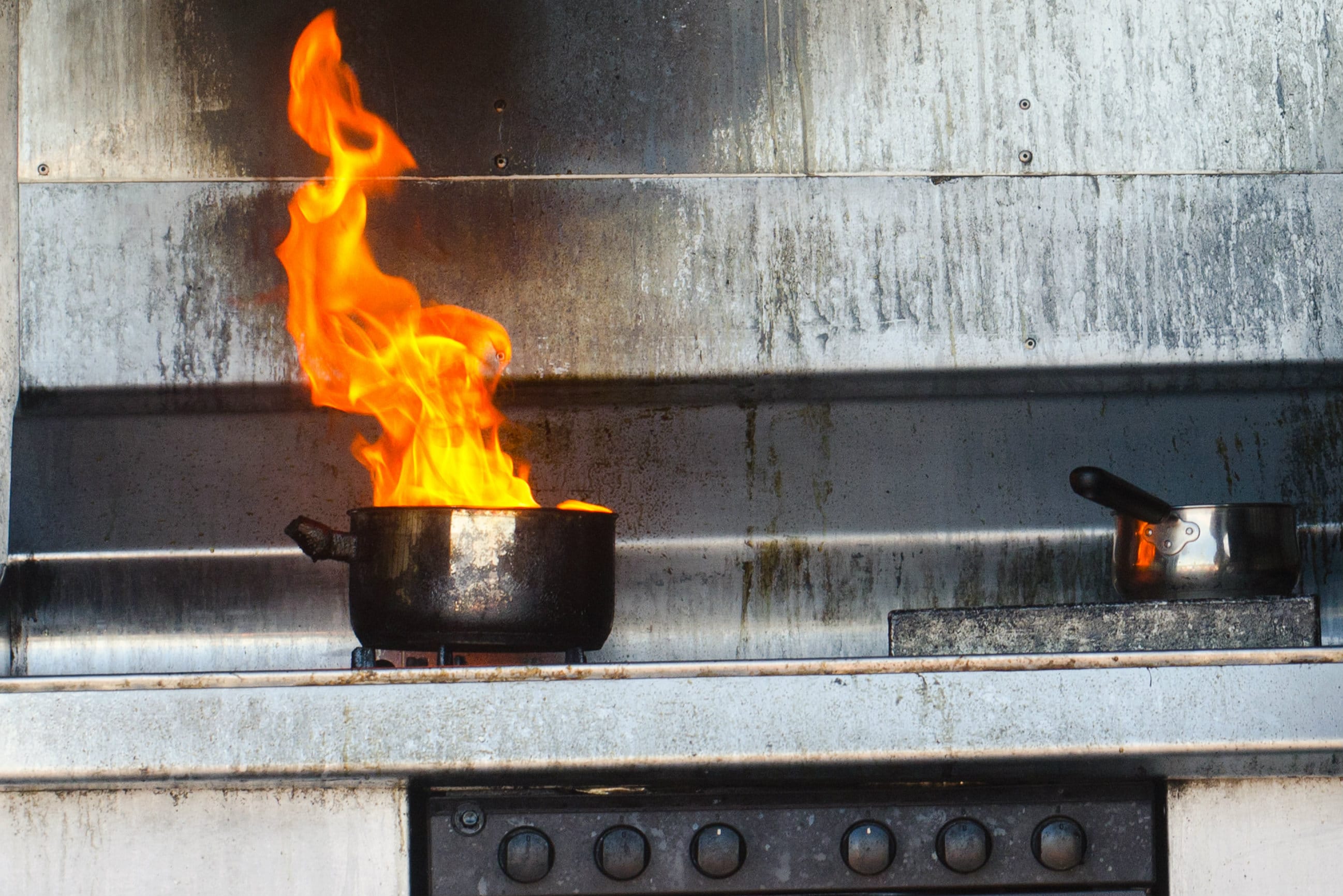
Fire extinguishers to fight Class A fires are probably the most common type of front line defence that you’ll see in homes and offices across Australia. That’s because, when we talk about ordinary combustibles in a Class A fire, we’re really talking about a wide range of items that we use everyday in our personal and […]
What About Apartment Block Fire Safety Management?
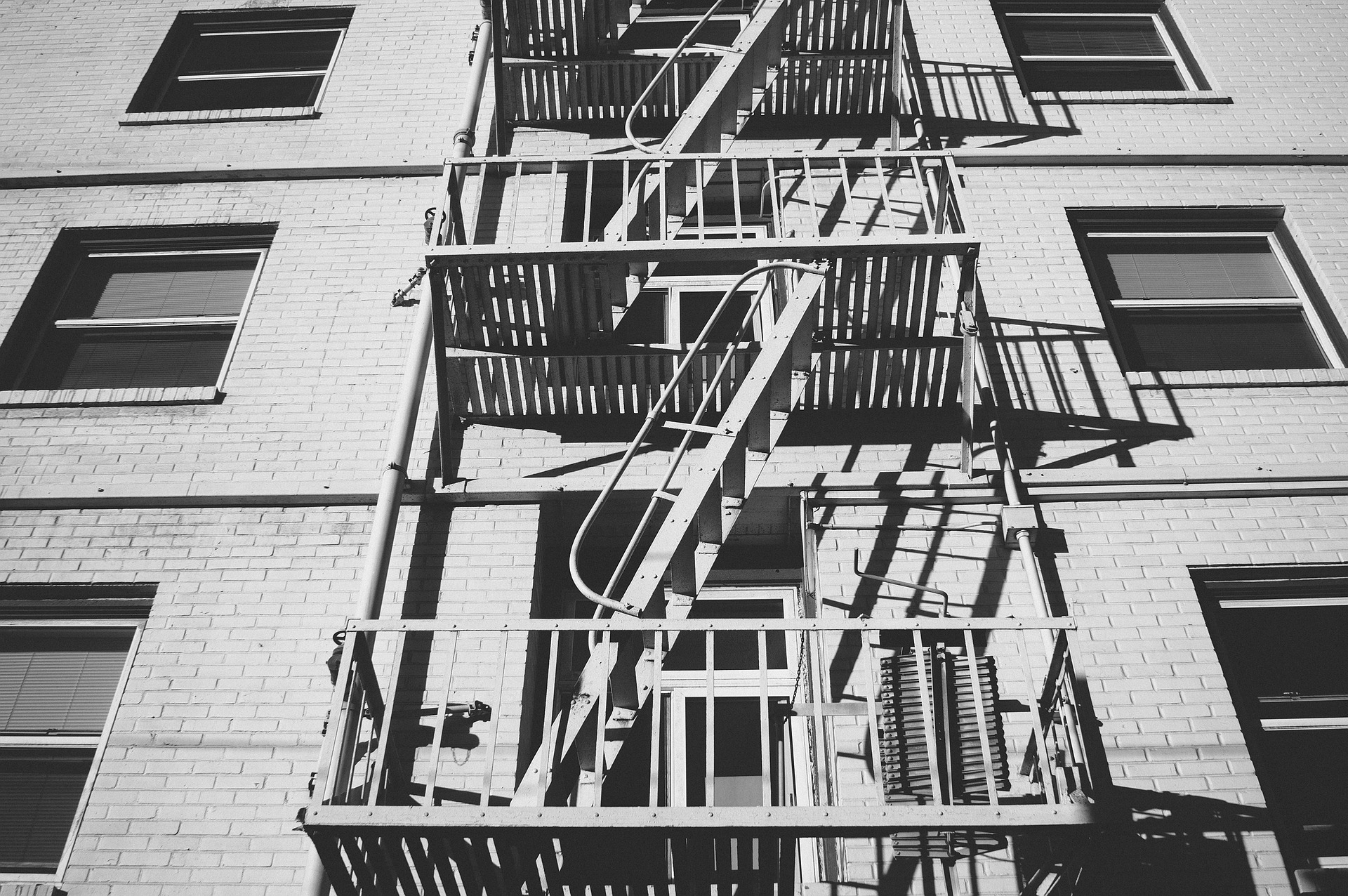
As Melbourne expands, more and more people are moving into apartments; from multi-level city spaces to older suburban homes that have been converted to two or three flats. No matter the set up, the maintenance of an apartment block is almost always the responsibility of the body corporate or strata group. And, whilst the maintenance […]
Why You Should Organise Regular Workplace Fire Training
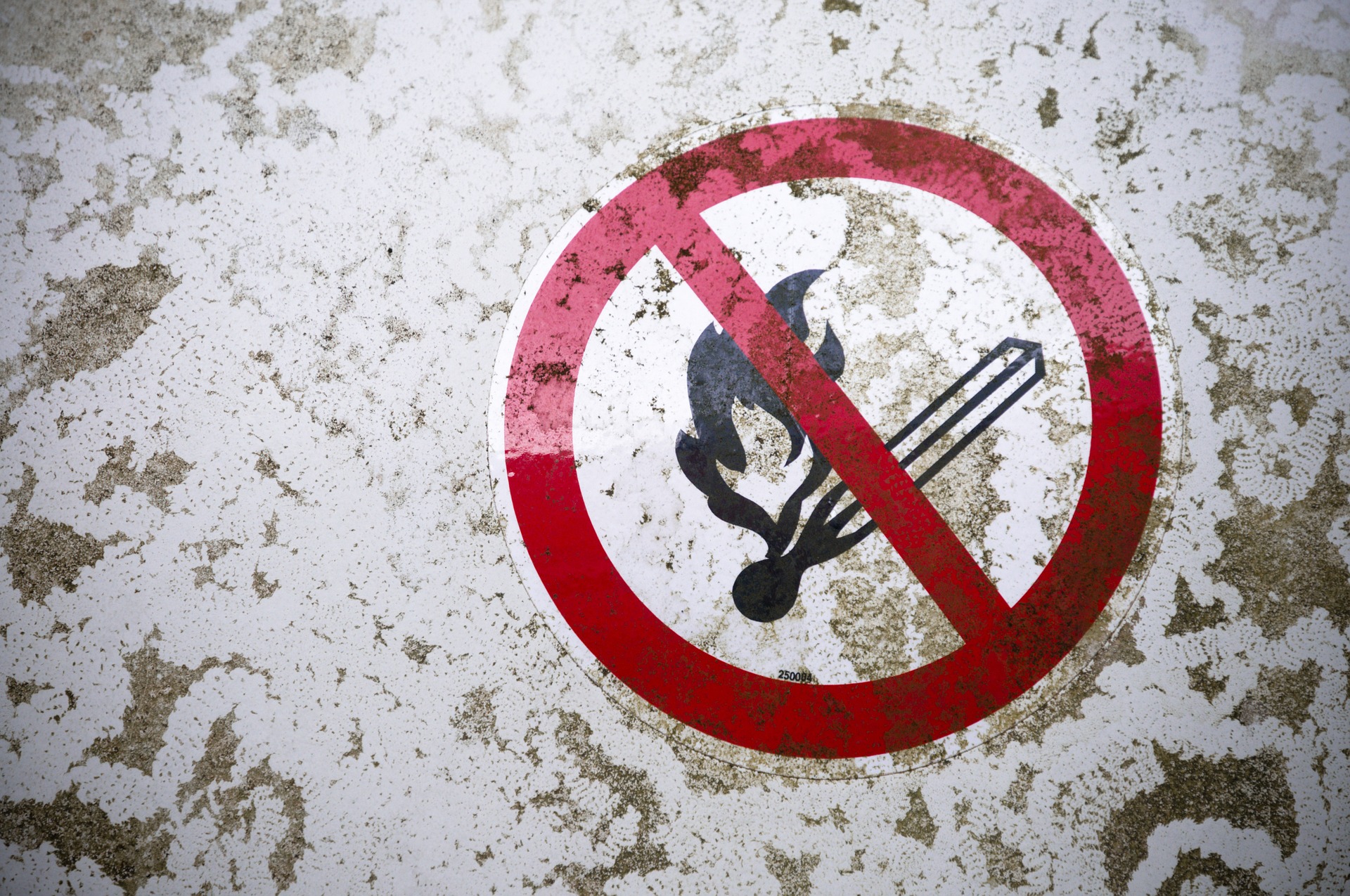
Just like the CFA and MFB reminders to change your smoke alarm batteries when daylight savings comes around, we like to give all our clients a gentle nudge about workplace fire safety training. As with any type of training – such as First Aid or OHS – fire safety is at its most effective when […]
